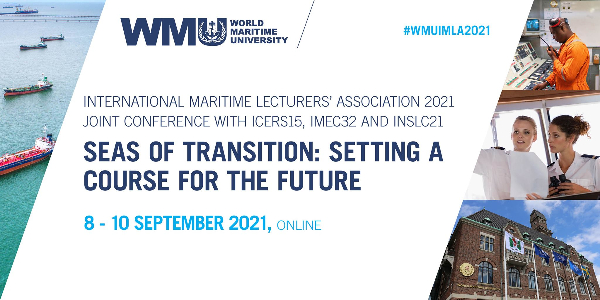Document Type
Paper
Publication Date
2021
First Page
122
Last Page
127
DOI
http://dx.doi.org/10.21677/imla2021.12
Abstract
Georgia is a maritime country. It has been associated with the sea since ancient times, and therefore maritime education in the country has existed for more than seven decades. Even today, highly trained maritime specialists graduated from the maritime institutions of Georgia continue to work successfully on ocean-going vessels flying under the Georgian flag and the flags of many other countries. About 80 to 90 percent of maritime accidents are attributable to human error. Hence it is important that seafarers be well educated and trained, able to understand and execute commands, manage risks, and solve problems in order to ensure safe and effective navigation at sea. In order for maritime training centres to graduate qualified and competitive officers and engineers for the world fleet, they must constantly upgrade equipment and techniques, improve curricula and teaching methods, attract experienced personnel, provide cadets with practice, and enhance cadet’s language competence. The main purpose of this article is to study the maritime education market in Georgia, in particular, to identify problems and barriers in Georgia's maritime education system and their impact on seafarers' subsequent employment


